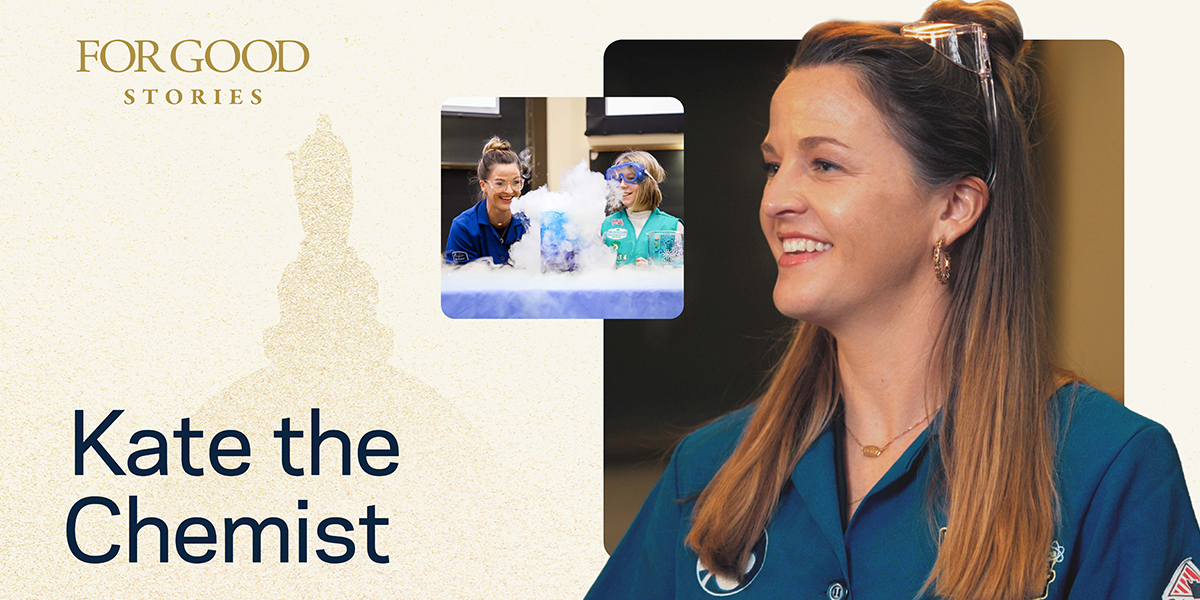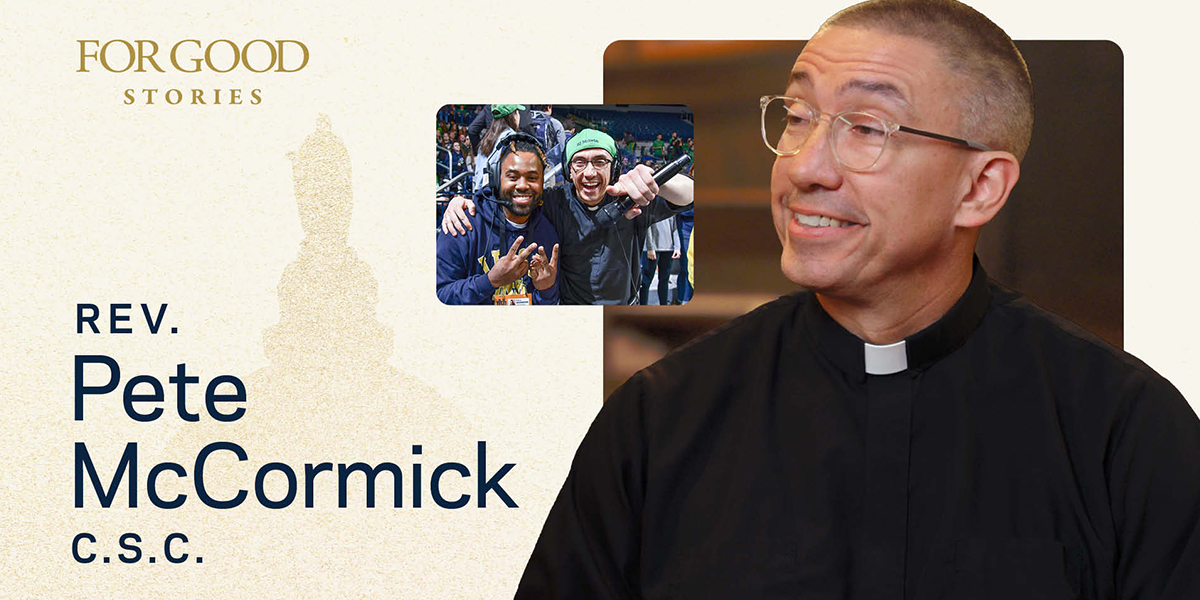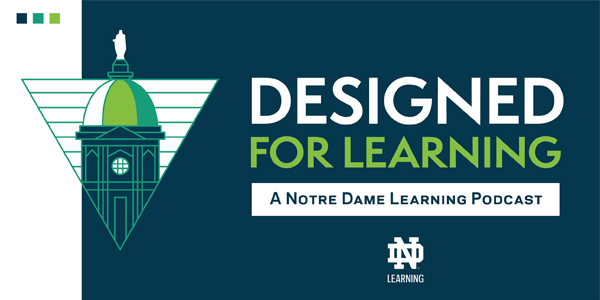Unfortunately, as with many other diseases, there are certain populations that are disproportionately affected by Covid compared to others. This week, hosts Heidi Beidinger-Burnett Director, Eck Institute for Global Health Global Health Masters Program and Mary Ann McDowell, Associate Professor of Biological Sciences, were joined by two guest speakers:Debra Stanley, Founder and Executive Director of an organization called Imani Unidad and William Redman, sheriff of St. Joseph County.The mission statement on the Imani Unidad’s website is: to infuse social justice into social and behavioral health by providing Prevention, Education and Advocacy through Community Efforts with an intentional emphasis on the Black community. The guests were brought in to talk about the special populations in St. Joseph County who are disproportionately affected by the virus.
After the guests were introduced, the “Rumor Has It” portion of the show took place. The first question was addressed to Sheriff Redman: “Is it true that prisoners will be first in line to get the vaccine?” His response was that he does not see anywhere that inmates would be first to receive the vaccine. He believes the order would begin with high risk people, people over the age of 65 and people in nursing homes. He said that it appears that they would be in the second group to receive the vaccine. The second rumor was addressed to Stanley. Beidinger said that there have been rumors claiming that Vitamin C can prevent the spread of Coronavirus. Stanley had been in a shoe store in which a woman refused to wear a mask, but was handing out flyers saying that Vitamin C can prevent Covid-19. The speakers agreed that while it may boost the immune system, Vitamin C does not prevent Covid.
Next, Stanley discussed the people she works with, and how they have been disproportionately affected by Covid-19. These people are primarily underprivileged and at risk. Many of them have continued their work in factory settings. However, they continually notice that people disappear from these places each day with no explanation or acknowledgement. She made note of how fearful these people were to Covid-19 due to these conditions. Many people she works with have HIV, and the human touch is important for their mental health, so it has been a great loss to them that social distancing is a priority.
The “headlines” portion of the event took place next. McDowell stated that people of color are four times more likely to be hospitalized and die as a result of Coronavirus. The next headline was that there are going to be Covid-related renovations at the county jail. Redman expanded on that by sharing how nearly 8 million dollars was given to St. Joseph County for Covid-related tasks due to the Cares Act. There is glass being put into the lobby to protect the staff as well as the general public. Two UV Emitters were also placed into the jail. These machines kill viruses and bacteria. They continuously clean the jail daily. The visitation area was also updated. Further, video court has also been utilized more than ever before.
Redman said that his goal, during and after Covid, is to limit the amount of people in the jail—never at the expense of the community’s safety. Releasing individuals in such a way that they would not have reason to be sent back to jail is crucial and prioritized. Stanley made the distinction between violent offenders being released and those with mental health issues. Stanley said that her goal is to keep those who are struggling with social and behavioral health issues in a community which supports them. She said that stress is probably the number one precursor to diabetes and hypertension. The socioeconomic and racial stressors facing communities of color can affect their health in large ways, and not nearly enough people are aware of that.
Finally, Stanley explained that there is an issue she had been facing at work, which is that people are being turned away from facilities when they have non-Covid issues, because the focus is so severely on the pandemic right now. She stated, “Therein lies some of the the issue: when issues grow, there is not a growth in resources, it’s a redirection of…so the pot never gets bigger. It is the same size.”
Finally, she furthered the conversation by shedding light on the fact that health issues are so politicized. Why are politicians able to decide healthcare decisions? Furthermore, a focus needs to be put on the way American healthcare treats people of color as a whole. These people need to be taken seriously when they present their health issues, and they absolutely need to be listened to and treated with as much dignity as any other patient.
Visit the event page for more.










